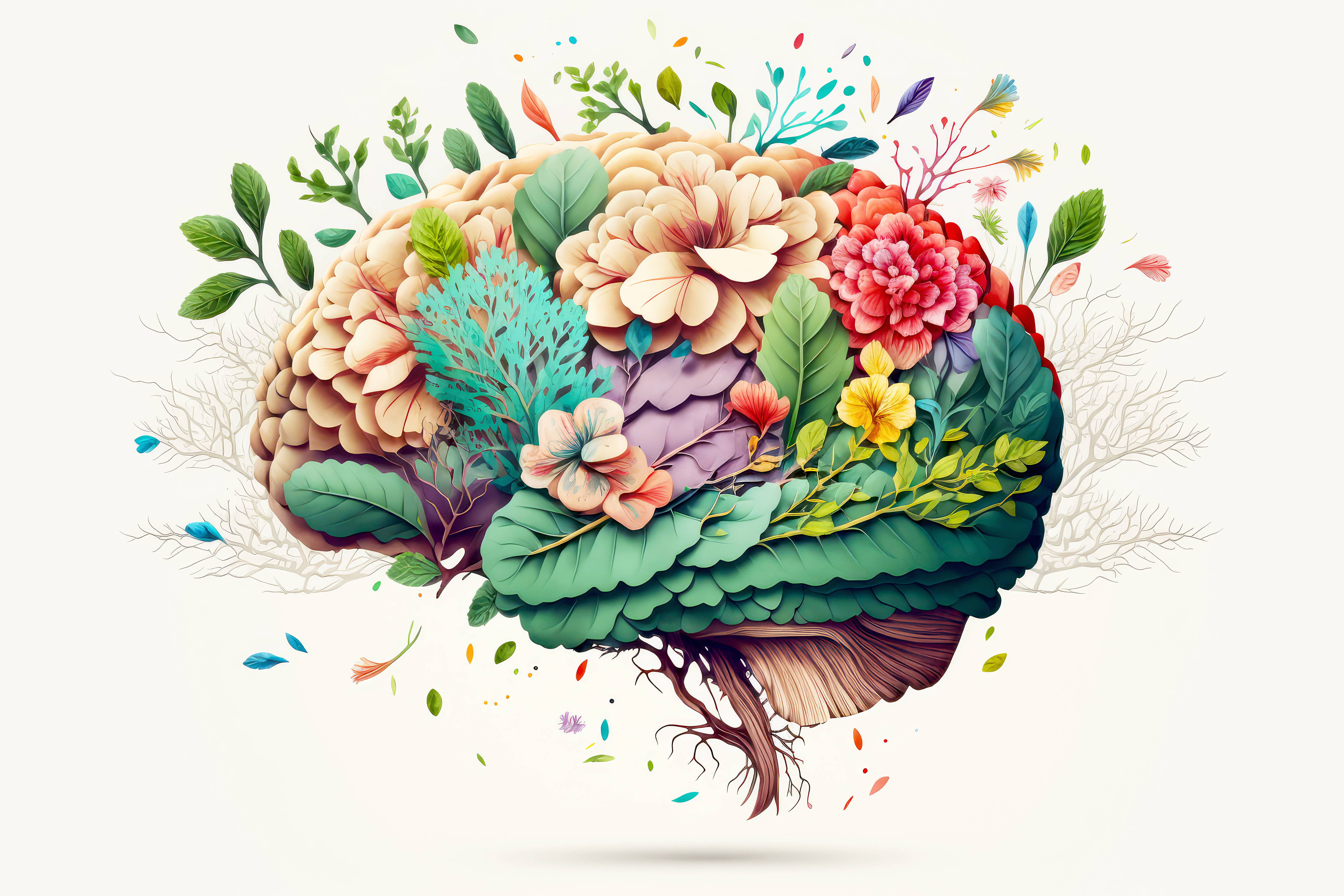Books, articles, and other readings on parallel recovery
A Prescription for Living with Purpose: Maintaining hope, healing, and connection as you create the life you were destined to live, by Dr. Adam Meadows
In today’s society, it’s easy to feel lost and alone even when an abundance of information is available. More than information, people want to feel seen, heard, and understood. A Prescription for Living with Purpose aims to fulfill this charge and provide relief to those who feel stuck and need encouragement.
Boundaries for Codependents: Hazelden Classics for Families, by Rokelle Lerner
So much of recovery from co-dependence has to do with figuring out where we stop and another person begins. Growing up in an alcoholic or dysfunctional family often prevents us from creating healthy physical, emotional, intellectual, and spiritual boundaries. This pamphlet offers meaningful insight on how to build healthy boundaries.
Codependent No More: How to Stop Controlling Others and Start Caring for Yourself, by Melody Beattie
With instructive life stories, personal reflections, exercises, and self-help tests, Codependent No More has helped countless readers work on their codependent behaviors and understand that they’re powerless to change anyone but themselves.
Cognitive Behavioral Therapy Made Simple: 10 Strategies for Managing Anxiety, Depression, Anger, Panic, and Worry, by Seth Gillihan, PhD
From writing down goals to addressing negative thought patterns, this easy-to-understand cognitive behavioral therapy book provides everything it takes to start healing in one convenient CBT workbook.
Lost and Found. For AJC sports columnist, Jeff Schultz, saving his son meant letting him go. By Jeff Schultz
For the AJC’s popular sports columnist, Jeff Schultz, saving his son from addiction meant letting him go. In June 2015, Schultz opened up about his son’s journey in a candid and widely read installment of the award-winning “Personal Journeys” series. “Lost and Found,” Schultz’s first-person piece, was read or shared on social media thousands of times, generating equally candid reactions from its audience.
Playing it By Heart: Taking Care of Yourself No Matter What, by Melodie Beattie
In her book, Playing It by Heart, Beattie helps readers understand what drives them back into the grasp of controlling behavior and victimhood – and what it takes to pull themselves out, and return to the healing, faith, and maturity that come with a commitment to recovery. Personal essays, inspiring anecdotes, and prescriptive reminders show readers how to stop acting out their painful obsessions.
SAMHSA’s self-care resources: Person- and Family-Centered Care and Peer Support
Person-centered care—also known as patient-centered care—means consumers have control over their services, including the amount, duration, and scope of services, and choice of providers. Person-centered care is respectful and responsive to the cultural, linguistic, and other social and environmental needs of the individual. Family-centered care recognizes the important role of family members and caregivers in the design and implementation of services. These resources explore both approaches.
Set Boundaries, Find Peace: A Guide to Reclaiming Yourself, by Nedra Glover Tawwab
Licensed counselor, relationship expert, and one of the most influential therapists on Instagram, Nedra Glover Tawwab demystifies this complex topic for today’s world. In a relatable tone, Set Boundaries, Find Peace presents simple, yet powerful ways to establish healthy boundaries in all aspects of life.
Smart Recovery Families and Friends’ Self-care Toolbox
Explore the SMART Recovery participant toolkit to find worksheets with handy guides on how to use them.
The Co-dependent Parent: Free Yourself by Freeing Your Child, by Barbara Cottman Beenel
A parents’ guide to recognizing and breaking inter-generational patterns of co-dependence to help their children learn self-respect and integrity.
The Dialectical Behavior Therapy Skills Workbook: Practical DBT Exercises for Learning Mindfulness, Interpersonal Effectiveness, Emotional Regulation, and Distress Tolerance
A clear and effective approach to learning evidence-based DBT skills—now in a fully revised and updated second edition.
The Gifts of Imperfection by Brene Brown
Brené writes, “This book is an invitation to join a wholehearted revolution. A small, quiet, grassroots movement that starts with each of us saying, ‘My story matters because I matter.’ Revolution might sound a little dramatic, but in this world, choosing authenticity and worthiness is an absolute act of resistance.”
The Language of Letting Go: Daily Meditations for Codependents (Hazelden Meditation Series) by Melodie Beattie
Written for those of us who struggle with codependency, these daily meditations offer growth and renewal, and remind us that the best thing we can do is take responsibility for our own self-care.
The Parallel Process: Growing Alongside your Adolescent or Young Adult Child in Treatment
Krissy Pozatek shows parents of preteens, adolescents, and young adults how they can help their children by attuning to emotions, setting limits, not rushing to their rescue, and allowing them to take responsibility for their actions, while recognizing their own patterns of emotional withdrawal, workaholism, and of surrendering their lives and personalities to parenting.
The Red Book of Families Anonymous: Today, a Better Way
FA’s member-written daily-thought book, Today A Better Way, is a compilation of writings from Families Anonymous, a group focused on helping the people who love people who misuse substances. The lessons of letting go and taking care of one’s self are woven through brief passages that bring serenity.
Wellness Recovery Action Plan, an official publication of Advocates for Human Potential
A toolkit designed to promote wellness and create action plans to put into practice in everyday life. WRAP helps people incorporate key recovery concepts and wellness tools into their plans and lives.
